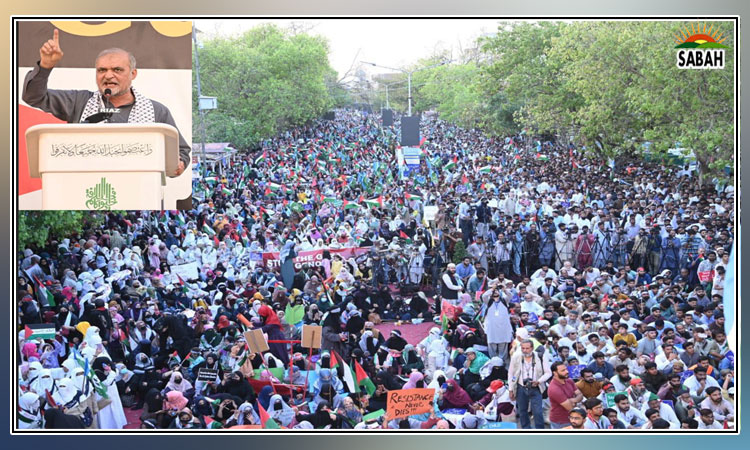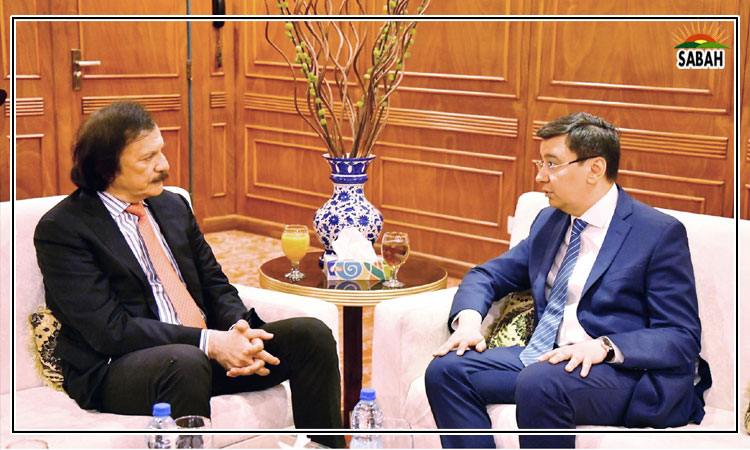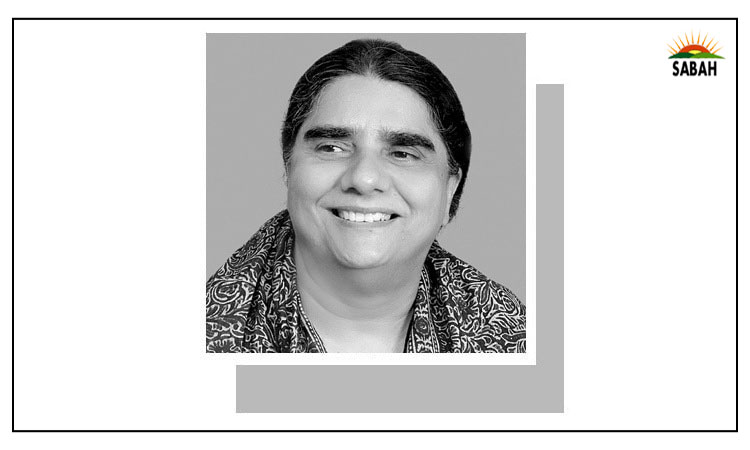Tyranny of learning ۔۔۔۔Nasira Habib
SCHOOL education in Pakistan plays no constructive role in cultivating a civic sense in students. It fails to prepare responsible citizens. The social studies school curriculum claims a paradigm shift to an inquiry-based approach, focusing on ‘student constructed’ learning, instead of teacher-transmitted information. It also recognises that learning experiences must be relevant to students’ daily lives.
The prerequisites of such an approach are relevant cultural context, understanding of students’ prior knowledge, immersive teaching, active participation, and recognising the critical importance of their voices. However, these essential elements are missing in textbooks.
There has been no effort to locate the teaching of citizenship in students’ sociocultural realities in primary school textbooks. On the contrary, the text is context-neutral and abstract. The language is dull, monotonous and difficult. Not only linguistically but conceptually as well, it is age-inappropriate. The content is uninteresting and the vocabulary and concepts far more advanced than their comprehension level. A chapter on general knowledge uses six sentences to educate six-year-old Grade 2 children on rights and duties, including the right to religious freedom. Without explaining human rights, a table gives four types of rights and five kinds of responsibilities.
The rights include the freedom to choose an occupation, the right to shelter homes for destitute people, and the right to electricity, gas, clean drinking water, a safe environment, housing, education, protection, and healthcare. Furthermore, the textbooks want children to ‘define’ a government and its roles and responsibilities.
Are we producing responsible citizens?
The chapter on the role of the government and citizens for Grade 3 is no less pathetic. The curriculum expects seven-year-old children to link water shortages in some areas of Pakistan to the increase in population, a lower water table, absence of water storage facilities, poor water supply management and irrational water use. The textbook also asks them to give suggestions on how a government and citizens can collaborate to meet the needs of a community.
At the end of the lesson, they must know the qualities of good citizens, for example, being law-abiding, responsible, trustworthy, gender-just, tolerant, and respectful of others’ rights. The relevant chapters for Grade 4 take children farther away from their reality and achieve new heights of abstraction. The chapter on citizenship describes at least 33 complex concepts in 26 sentences. Almost every sentence presents a new idea.
Students are required to memorise the definitions of an ‘ordinary’, ‘digital’ and ‘global’ citizen. They have to endlessly repeat and commit to memory complex concepts like the caste system, international affairs, conflict resolution through dialogue, the UN Declaration of Human Rights, protection of language and culture, religious freedom, right of movement, speech and expression, payment of taxes, and changes in rights and responsibilities over time. In addition, 26 bullet points present an array of rights and duties for the three categories of citizens.
There is an absence of sensitivity in the textbooks pertaining to children’s lived experiences, the extent of their exposure, location, access to technology, etc. The textbooks also appear to overlook teachers’ ability to deal with such intellectually challenging concepts. The borrowed format of the presentation and layout of the text makes a mockery of the thought behind the format.
Such imposed and undemocratic education is a tyranny for learners. It leads them to using hollow words, having no democratic values and convictions, and lacking the courage to stand up for civic ideals. Poor governance, slackness in law enforcement, and rampant corruption reinforce their ignorance and disbelief in democratic values. People without a value system, logical thinking, and decision-making tools become conformists and follow the crowd.
We must teach democratic behaviour and form habits from the first day of school. Instead of talking about J.S. Mill and the Universal Declaration of Human Rights, education must be structured around everyday happenings involving children, inviting them to express their views, listening to them, and giving them ownership in decision-making, such as developing classroom rules.
School life presents many situations in the classroom, in the lab, in the library, in the garden and on the playground, which themselves relate to issues of rights and duties, justice and fair play, gender equity and responsibility, and need resolution. Such immersion would help children think and act democratically. Textbooks must facilitate these processes. Otherwise, they are counterproductive.
The writer is an educationist, environmentalist and ecological gardener.
nasira@khoj.edu.pk
Courtesy Dawn, June 4th, 2024












